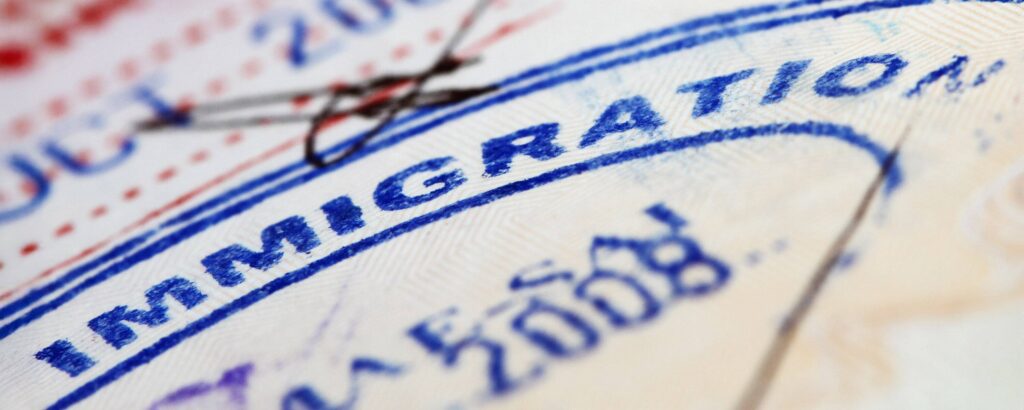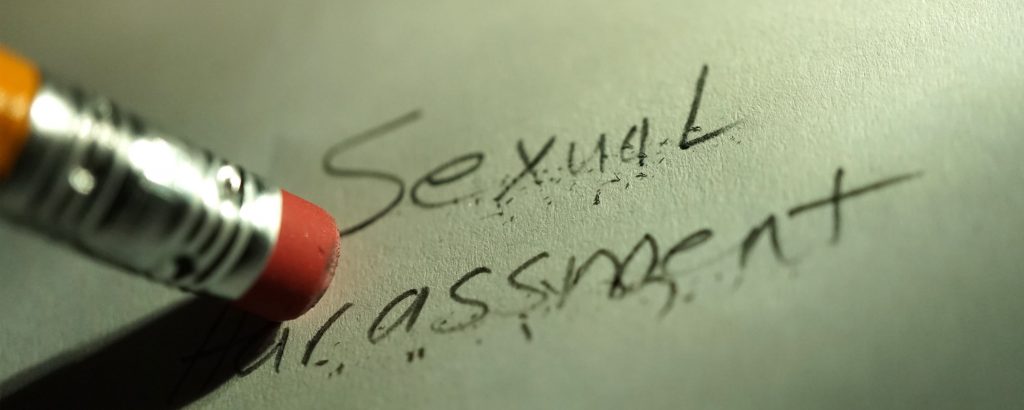The number of employee records that pass through human resources’ hands is astounding. Between applications, resumes, personal information and compliance paperwork, like social security numbers and W2s, it is a lengthy list. Do you keep everything? How long should you keep employee files? Do you keep hard copies of personnel records or will digital files work? Staying compliant with the Fair Labor Standards Act (FLSA) requires knowing the answers to all of these questions.
What Records are Employers Required to Keep?
The U.S. Department of Labor states that every employer covered by the FLSA must keep records for each covered, non exempt worker. While there is no required form, the records must include accurate information about the employee, hours worked and wages earned. Basic records include:
- Employee’s full name and social security number;
- Address, including zip code;
- Birthdate, if younger than 19;
- Sex and occupation;
- Time and day of week when employee’s work week begins. Hours worked each day and total hours worked each workweek.
- Basis on which employee’s wages are paid;
- Regular hourly pay rate;
- Total daily or weekly straight-time earnings;
- Total overtime earnings for the workweek;
- All additions to or deductions from the employee’s wages;
- Total wages paid each pay period; and
- Date of payment and the pay period covered by the payment.
EEOC Record Keeping Requirements
The U.S. Equal Employment Opportunity Commission (EEOC) requires that employers keep all personal records for one year. If the employee is involuntarily terminated, like fired or laid off, his or her records must be retained for one year from the date of termination.
The Age Discrimination Employee Act (ADEA) record keeping requirements mandate employers must also keep all payroll records for three years. The employer must also keep files of any employee benefit plan, like pension and insurance plans, for the full period the plan or system is in effect and an additional year after its termination.
Under FLSA record keeping requirements applicable to the EPA, employers must keep payroll records for at least three years and all employee records that explain the basis for paying different wages to employees of the opposite sex for two years. These requirements apply to all employers covered by federal anti-discrimination laws, regardless of whether a charge has been filed against the employer.
Tips for Keeping Your Employee Records Compliant
While the government doesn’t care how you keep employee records, meaning digitally or on paper, it certainly matters to HR. Record keeping is one part of the job that’s time-consuming and prone to error, so developing a great system that keeps your company compliant is a must.
HR’s Responsibility
The responsibility of accurate record keeping falls directly onto HR’s shoulders. According to SHRM, HR’s role in record keeping includes:
- Controlling the creation, growth and accessibility of company records.
- Reducing operating and storage costs.
- Improving efficiency and productivity, as well as office appearance.
- Assisting in regulatory compliance and reducing litigation risks.
- Protecting sensitive employee information.
- Ensuring that records are readily accessible as needed.
Keeping accurate records can protect your company from civil and criminal litigation and penalties involving the destruction and retention of employee records.
Developing a Policy
Developing a rock-solid policy or guidelines for record keeping is the first step to staying compliant with federal, state and local laws and regulations. Your policy should include:
- What records HR needs to keep. The basic list provided by the DOL is a good start. But your state and local governments may require additional records and government contractors have their own set of requirements. Compile a checklist of every document HR should keep so nothing is inadvertently omitted.
- How long to keep on file. Clearly state in your policy how long the company needs to keep employee records on file. This will help ensure employee records don’t get deleted or tossed too soon. Yet don’t forget to state when those outdated files should be destroyed. Your system won’t be efficient if it’s full of useless paper or digital files.
- Limited access to protect privacy. Employee records contain personal information and the privacy of some of that information, like health records, are covered under the Health Insurance Portability and Accountability Act (HIPAA). And, keeping records confidential is part of staying compliant. Put security measures in place to keep them secure.
Keeping Hiring Records
Employers that fall under the Equal Employment Opportunity Commission (EEOC) and the U.S. Department of Labor’s Office of Federal Contract Compliance Programs (OFCCP) should keep hiring documents for employees but also candidates who applied for positions. These records help prove nondiscriminatory hiring practices for Affirmative Action employers. Documents should include:
- Job advertisements
- Resumes
- Employment applications
- Job orders submitted to agencies
- Interview evaluations
- Reference checks
- Results of physical examinations
- Employment test results plus documentation that proves the validity of the test for the selection process
- Credit reports
- Applicant data for candidates not hired including job postings, requests for reasonable accommodations, rates of pay, selection for training or apprenticeship
- Information regarding transfers, promotions, layoffs or terminations
Categorizing Personnel Files
With so much information to keep for human resources records, SHRM recommends categorizing it by those to include in the employee’s personnel file and those to maintain separately.
For the employee personnel file:
- Pre-employment documents including job descriptions, job applications, resumes, offer letters, signed company policies and emergency notification forms.
- Employment documents including those related to performance reviews, promotions, transfers, compensation, training completions, disciplinary documents and any written agreements between employer and employee.
- Separation of employment documents like exit interviews, notes about reasons for separation, resignation letters, unemployment documents and reference statements.
Kept separately to protect employees’ privacy:
- Medical records including exams, disability benefits claim forms, doctor notes, Family and Medical Leave Act (FMLA) leave requests, ADA accommodation requests, worker’s compensation history, drug test results, medical reimbursements and any documentation on past or present health.
- Credit information including credit reports, personal or financial data and consumer-related credit information.
- Immigration forms like Form I-9 and supporting documents, like E-Verify reports, that confirm employment eligibility.
- Forms related to complaints and investigations like internal claims, lawsuits and any other types of litigation.
Recording Keeping with an HRIS
The amount of information HR must keep on employees and even candidates is astounding. Trying to keep everything accurate, categorized and secure with a paperless system is nearly impossible. A digital system, like an HRIS, does the work for you. An HRIS, or Human Resource Information System, provides core HR functions. An HRIS is a database at the center of your organization, tying information—like payroll, benefits, attendance and other related data—to individuals. It also handles recruiting, tax compliance, personnel tracking and reporting. The key here is that it is automatic; the information is always there, you just have to choose what to save and what to delete.
Access to Files
An HRIS also gives employees the ability to access their personnel files and employee records 24/7. Not only is this a great opportunity to provide transparency, but many state laws require access. HR should know how much access is required in their state and if that access extends to both current and former employees. An HRIS also gives employees the ability to change their personal information, making accuracy their responsibility.
Security of Information including Destruction
Ensuring records are kept secure is much easier if your system is digital. Paper records can easily fall into any hands, but digital records require administrator permissions to access files. A good HRIS can not only restrict access internally but externally as well. Cloud-managed HR systems should have layers of security built-in at every level of the technology. Cloud-managed service providers, skilled specialists and more should all be involved in monitoring hardware, data centers and operating systems used.
Because the data included in HR employee records contains personally identifiable information (PII) like name, address, social security number and so on, the Federal Trade Commission (FTC) recommends that when employers do dispose of outdated files they should:
- Destroy or erase electronic files so the information cannot be read or reconstructed.
- Shred or burn paper documents.
- Hire an outside contractor that specializes in destroying personal documents.
Arcoro’s HRIS and modular solutions can help HR with the big job of maintaining employee records. Our cloud-based system is designed to be easy as well as secure. With a digital system, your employee records will always be just a click away, until you decide to complete them. Plus you’ll never have to worry about the extra space filing cabinets take up, inaccurate information or security concerns of a paper system. When compliance matters, Arcoro’s modular system is the solution.


